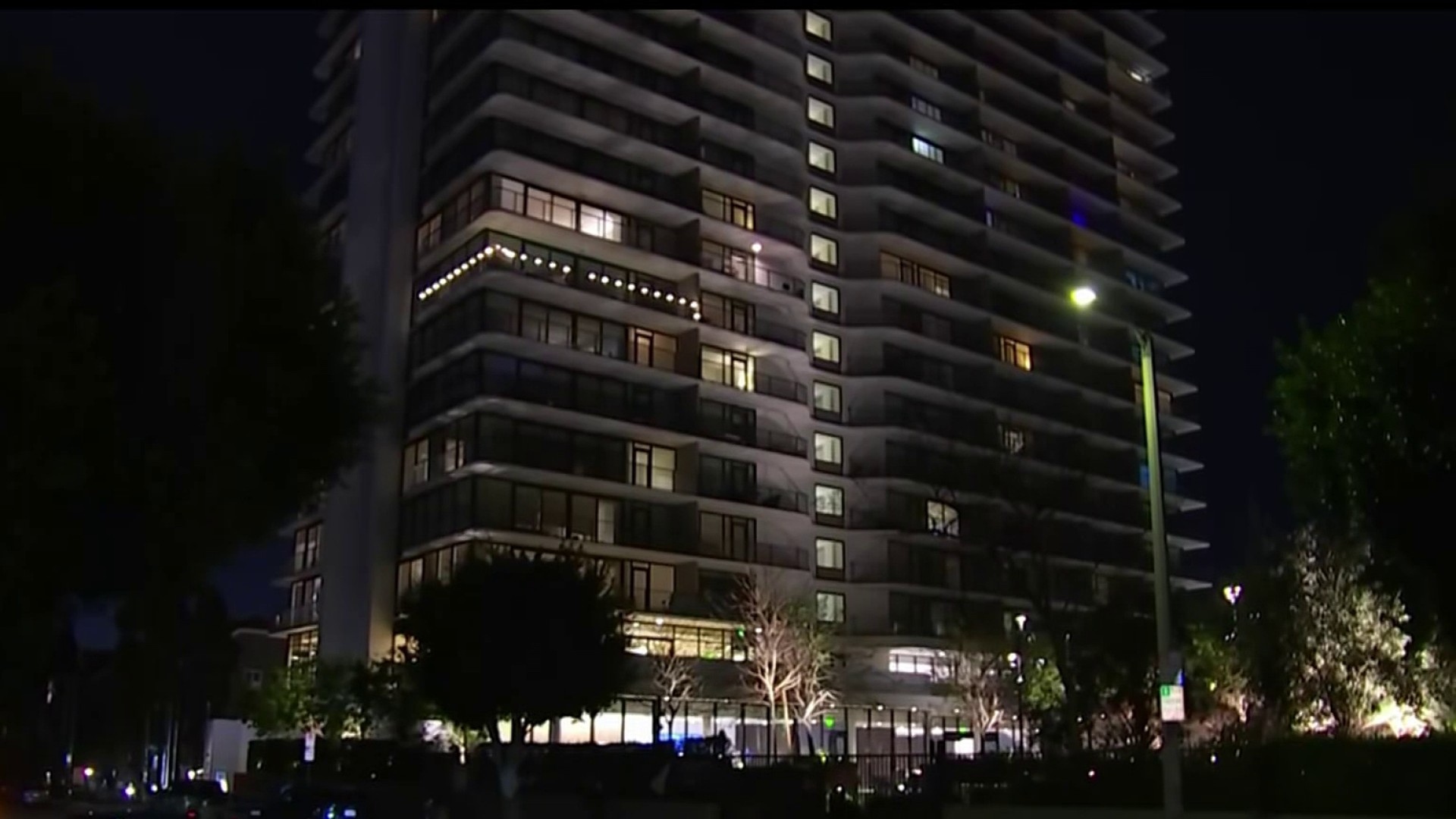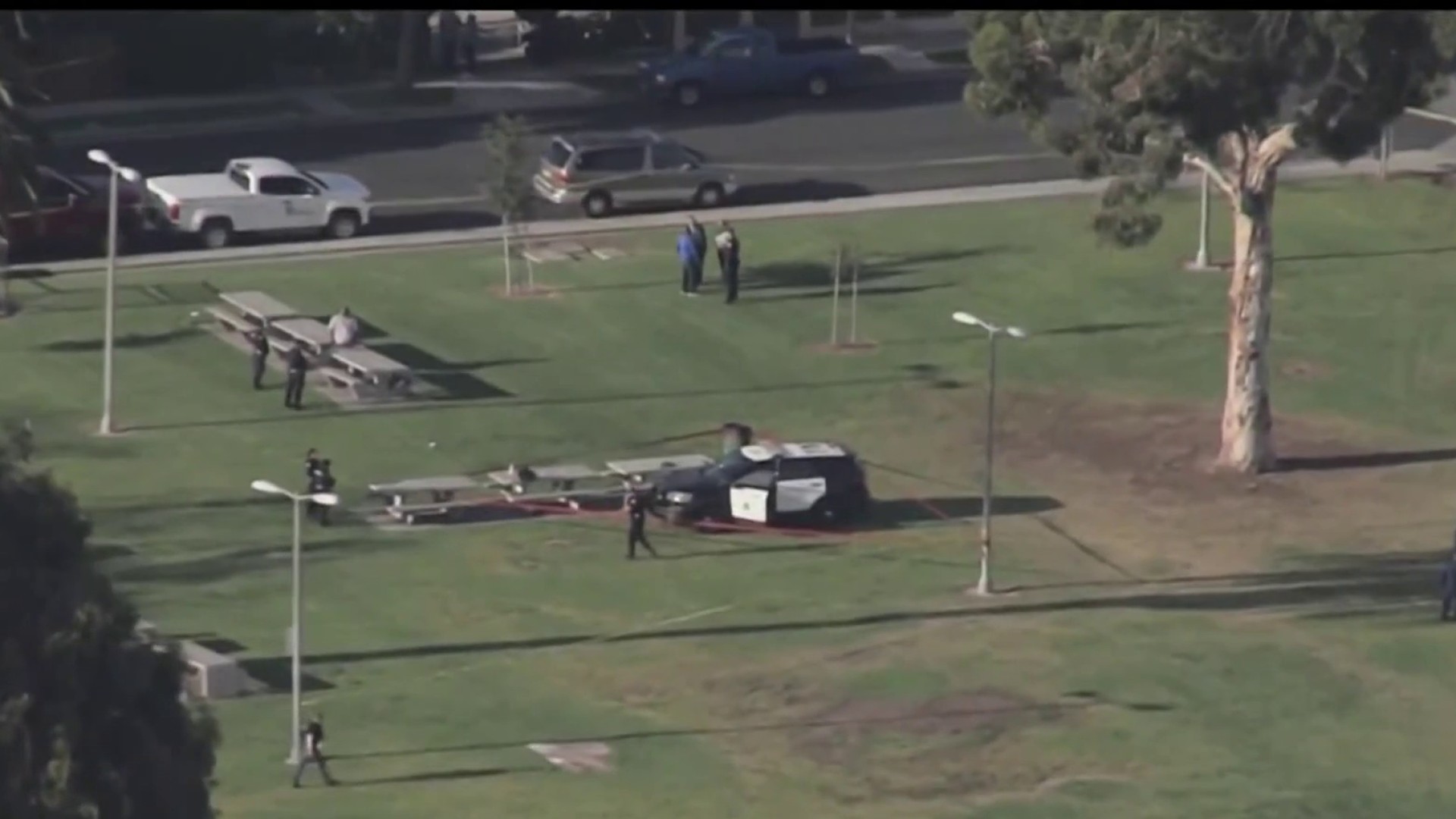A serious fiscal rainy-day could wipe out many Americans’ finances, according to poll results released Monday.
The poll, conducted by personal finance website Bankrate.com, found 50 percent of consumers had less than three months’ expenses saved for emergencies.
It also found more than a quarter of Americans had no emergency savings at all.
- Breaking News Alerts: Download the NBCLA News App
Respondents were asked how much money they had readily available in either a checking account, savings account or money market.
The Bureau of Labor Statistics reported the unemployment rate in May at 6.3 percent, down from an average of 8.9 percent in 2011, when the website first started administering the survey.
But the gains made in employment were not matched in increasing emergency savings. The number of Americans with no emergency savings has hovered around 25 percent for the four years the survey has been given.
"Americans continue to show a stunning lack of progress in accumulating sufficient emergency savings," said Greg McBride, Bankrate's chief financial analyst.
The survey did show that emergency savings increased with greater income. But even among consumers who make $75,000 a year or more, fewer than half have six months or more of emergency financial reserves.
Local
Get Los Angeles's latest local news on crime, entertainment, weather, schools, COVID, cost of living and more. Here's your go-to source for today's LA news.
The U.S. personal savings rate, the percentage of disposable income set aside for savings or retirement has trended toward a decrease from a high of 8.7 percent in December 2012, according to data from the U.S. Department of Commerce.
Louis Barajas, a Los Angeles-based financial planning professional, said the drop in the savings level is related to the economy getting better after the Great Recession, but this confidence can leave consumers high and dry in a future economic downturn.
“It all comes out of an attitude of, "It won’t happen to me,'” Barajas said. “People tend to forget about history very quickly, people forget about 2008 or 2009 where they were losing their jobs or their houses.”
Barajas added the best most basic advice for setting aside money hasn’t changed during his career: an automatic savings plan.
“People who set up plans that automatically send money from their checking account to their savings account, money market account or mutual fund, they’re the ones who are prepared for emergencies and retirement,” Barajas said.



